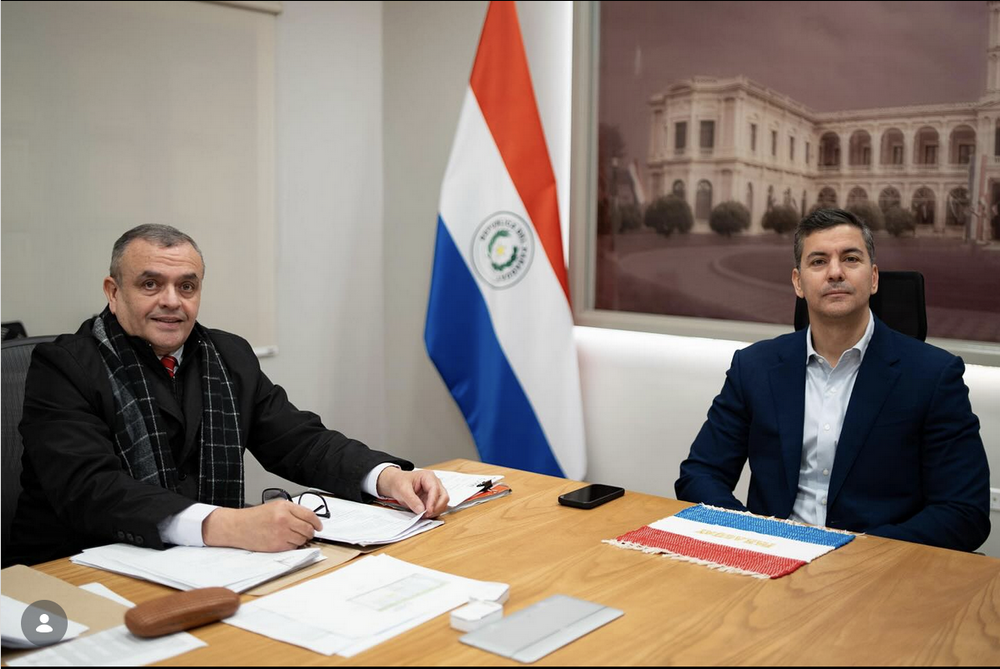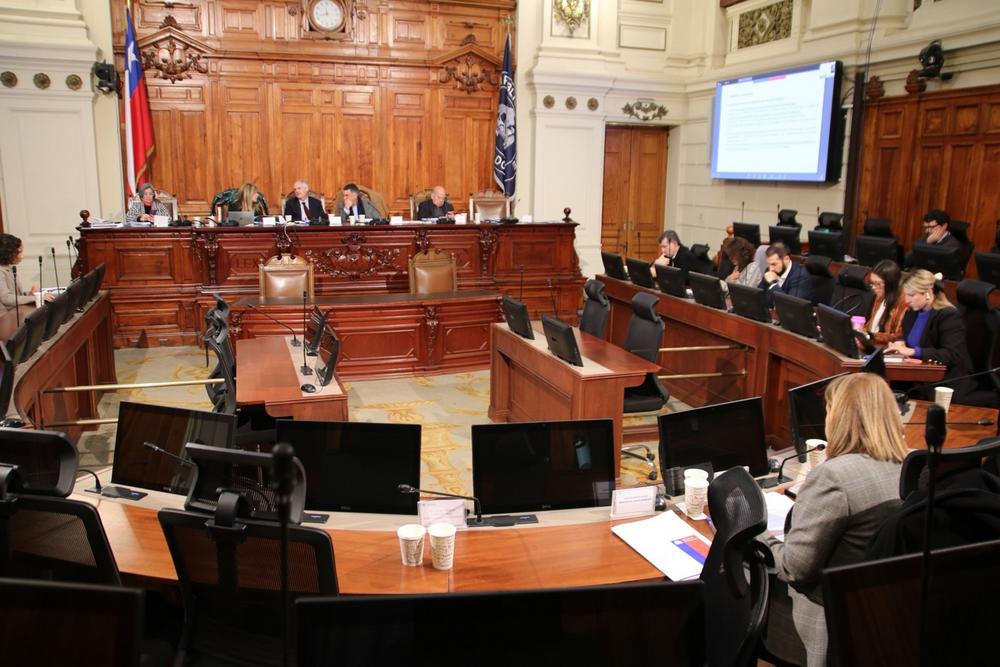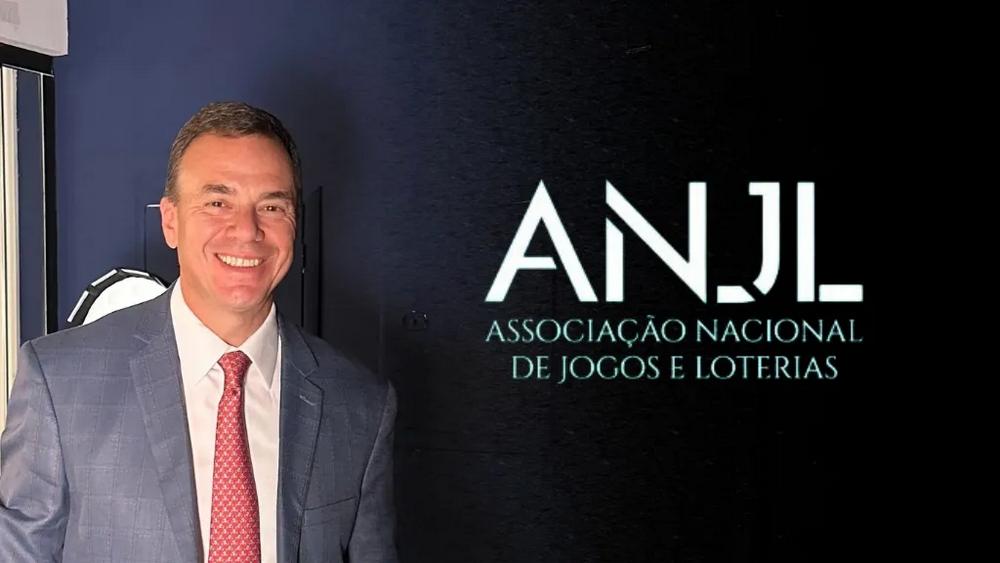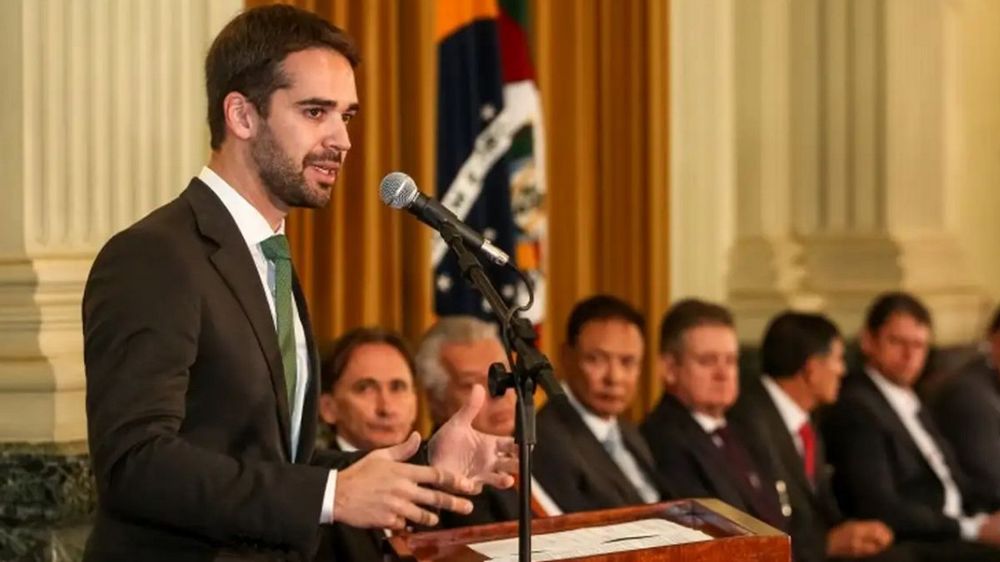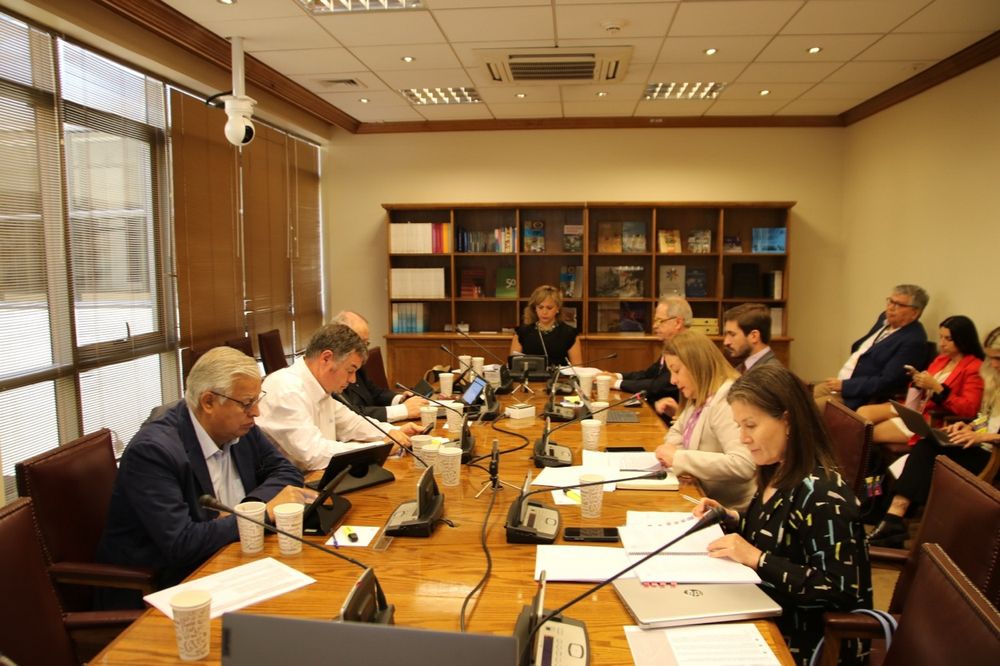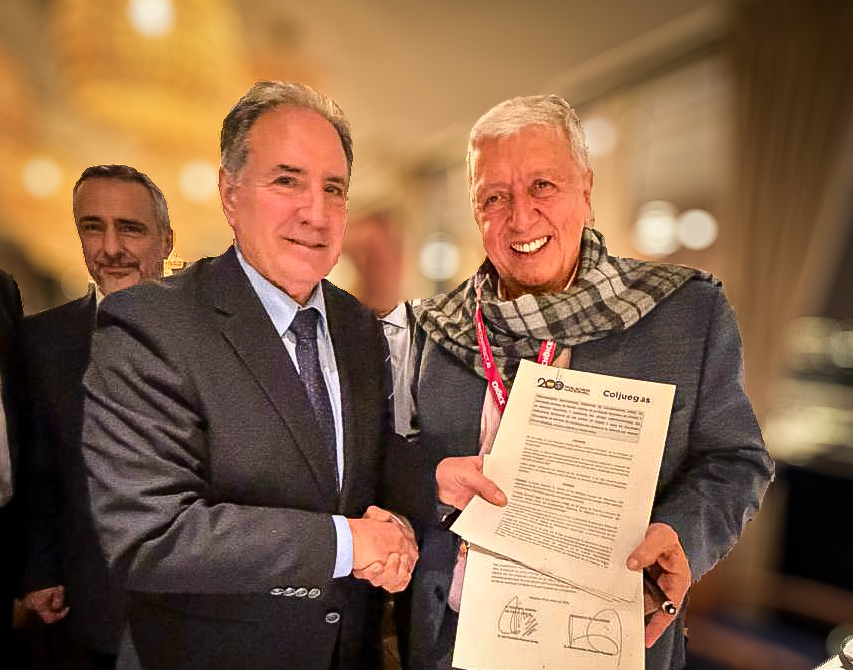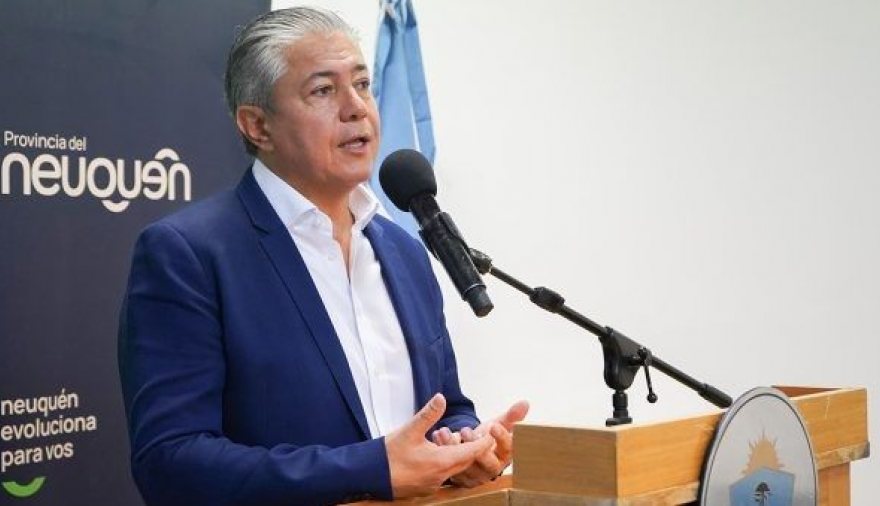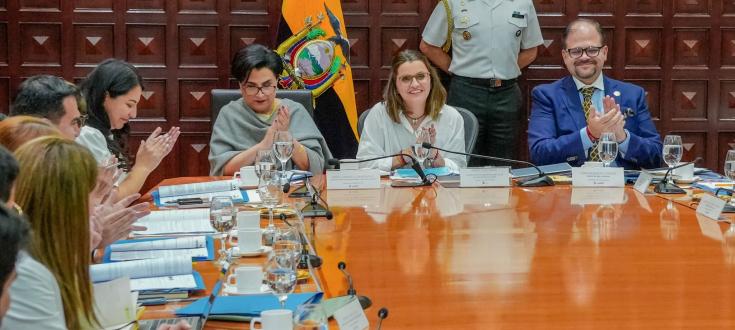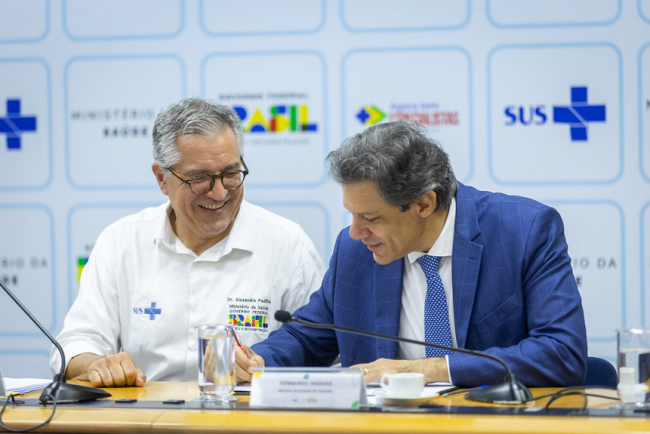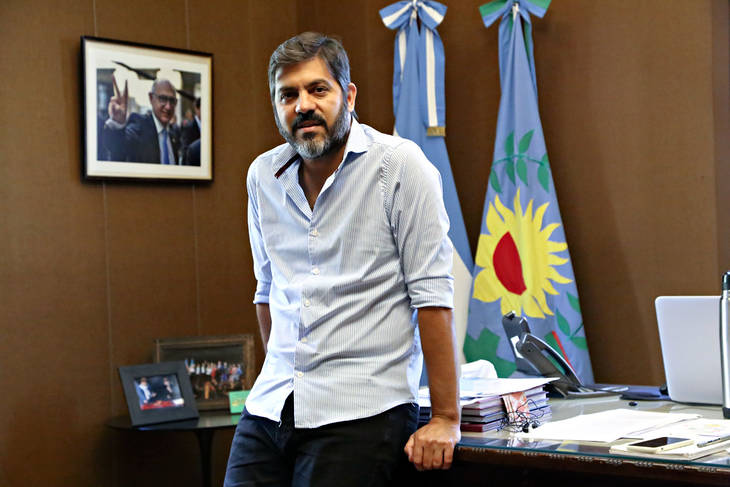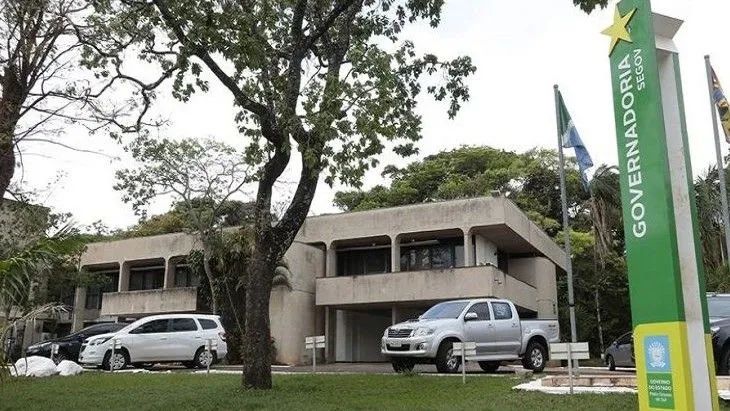On June 11, 2025, Brazilian Senator Izalci Lucas (PL-DF) presented an alternative report within the high-profile Parliamentary Inquiry Commission (CPI) on sports betting, advocating for sweeping reforms to the nation’s iGaming regulatory framework. The move comes amid rising concerns over social impacts, unchecked advertising, and the use of public welfare funds in gambling transactions.

Senator Lucas, a vocal critic of what he calls the “regulatory void” in Brazil’s online gambling sector, argued that current legislation has failed to keep up with the explosive growth of sports betting platforms. “This is not about moral panic—it’s about systemic gaps that allow millions in public transfers to flow into a barely regulated digital economy,” he said before submitting his proposals.
One of the most alarming findings cited in his report was a R$ 3 billion outflow in 2024 via Pix transfers from over five million beneficiaries of the Bolsa Família social program to betting platforms. While the numbers remain controversial, they’ve sparked urgent debate about economic vulnerability and digital addiction among low-income Brazilians.
Lucas is calling for stricter oversight from the Central Bank, including real-time monitoring of Pix transactions tied to gambling activity. He also wants the creation of a national registry of bettors, compulsory age verification mechanisms, and a ban on online casinos. Additionally, he recommends tightening restrictions on influencer marketing, citing the need to bring figures like Jon Vlogs before the commission to address their role in promoting betting to youth audiences.
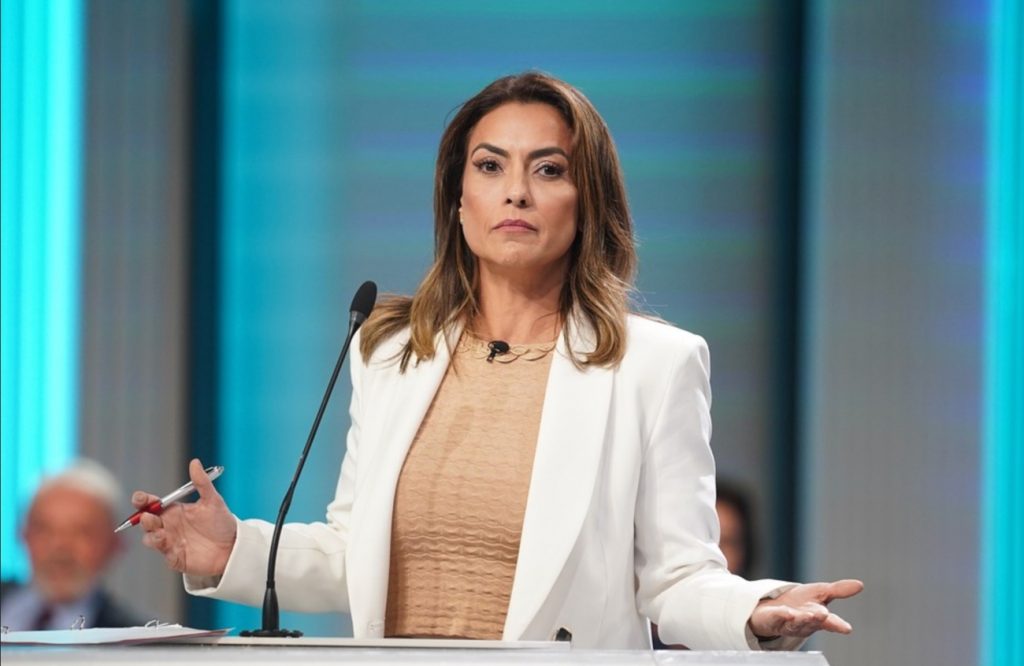
The senator’s report contrasts with the official version led by Senator Soraya Thronicke, whose text is expected to be more moderate. The CPI is scheduled to conclude on June 14, 2025, but Lucas has pushed for an extension to allow further hearings and refinements.
From Brazil to Buenos Aires: Betting Influencers Under Fire Across Latin America
If adopted, Lucas’s recommendations could mark a turning point in Brazil’s iGaming policy, aligning it more closely with European AML/CFT standards and safeguarding consumers—especially the most economically vulnerable. As the Brazilian Congress weighs competing views, the outcome of this CPI could redefine how Latin America’s largest gaming market manages risk, compliance, and digital entertainment in the years to come.











